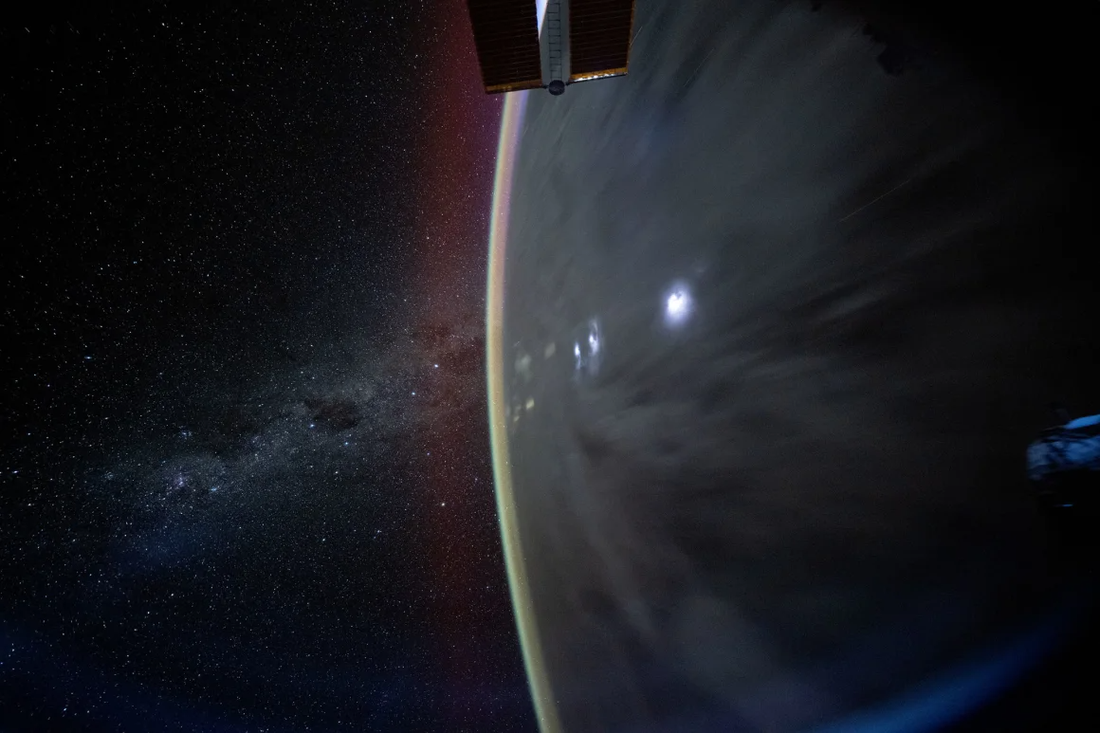
The Milky Way appears brightly over the Earth’s horizon in this image taken on February 3. Pettit used a long exposure and low-light camera to capture the scene as the space station orbited 250 miles above the Coral Sea off Queensland, Australia.
Veteran NASA astronaut Don Pettit has returned to Earth after spending seven months aboard the International Space Station (ISS). He landed safely with two Russian cosmonauts from Roscosmos, Alexey Ovchinin and Ivan Vagner, near the city of Zhezkazgan, Kazakhstan.
Don Pettit is one of NASA’s most veteran astronauts, having flown four times in space. In addition to his research, he is also known for his practical contributions, including the first invention to be patented while in space: the zero-gravity cup, also known as the Capillary Beverage, Space Cup, or Zero-G Cup, which helps astronauts drink liquids more easily in a weightless environment.
Not only a scientist, Pettit is also an excellent astrophotographer, known for his unique photos that capture the universe from an extraterrestrial perspective.
"The Earth is beautiful when we stand on the ground, but from space it has a special beauty," Pettit shared.
"It's hard to say which view is better. Perhaps because the space environment is so rare, people tend to appreciate and focus on its beauty. If someone lived their whole life in orbit, they would feel that the most beautiful view of Earth would be when they returned," he added.
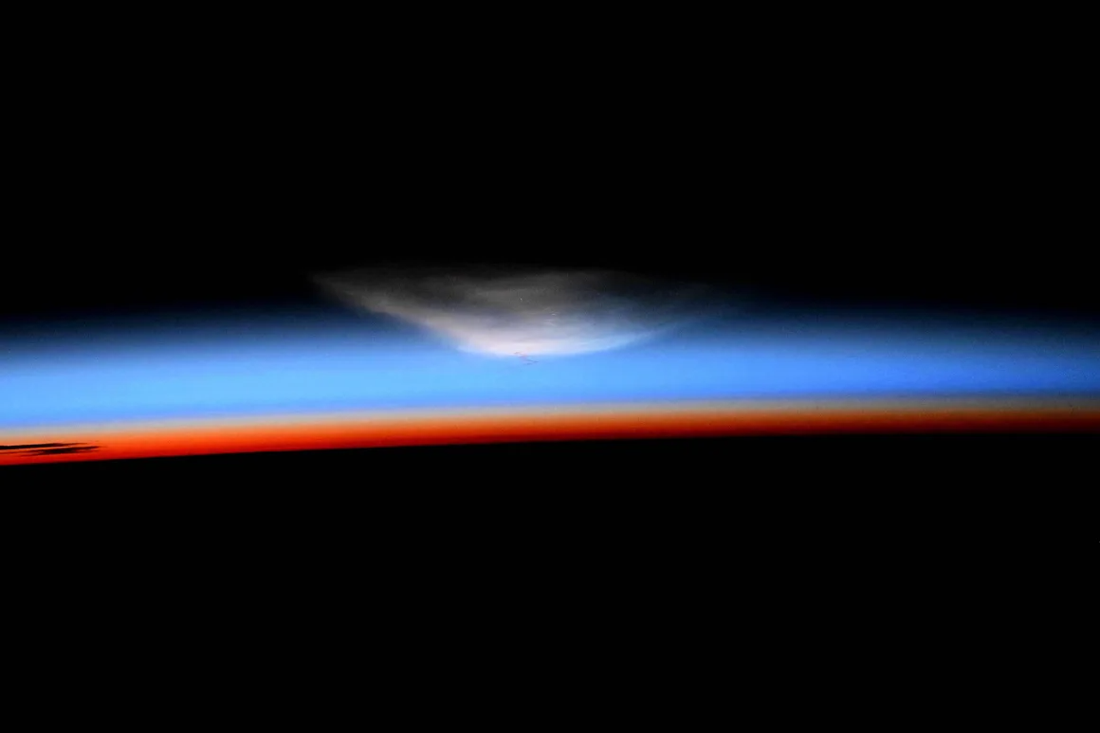
On March 6, Pettit captured the moment SpaceX’s unmanned Starship 8 spacecraft burned up as it reentered Earth’s atmosphere. “I like to take photos with compositions and perspectives that don’t center the Earth. Instead, I often take the Earth’s horizon, the atmosphere at the edge, and combine it with some astronomical element to create a connection between space and our planet,” Pettit shared.
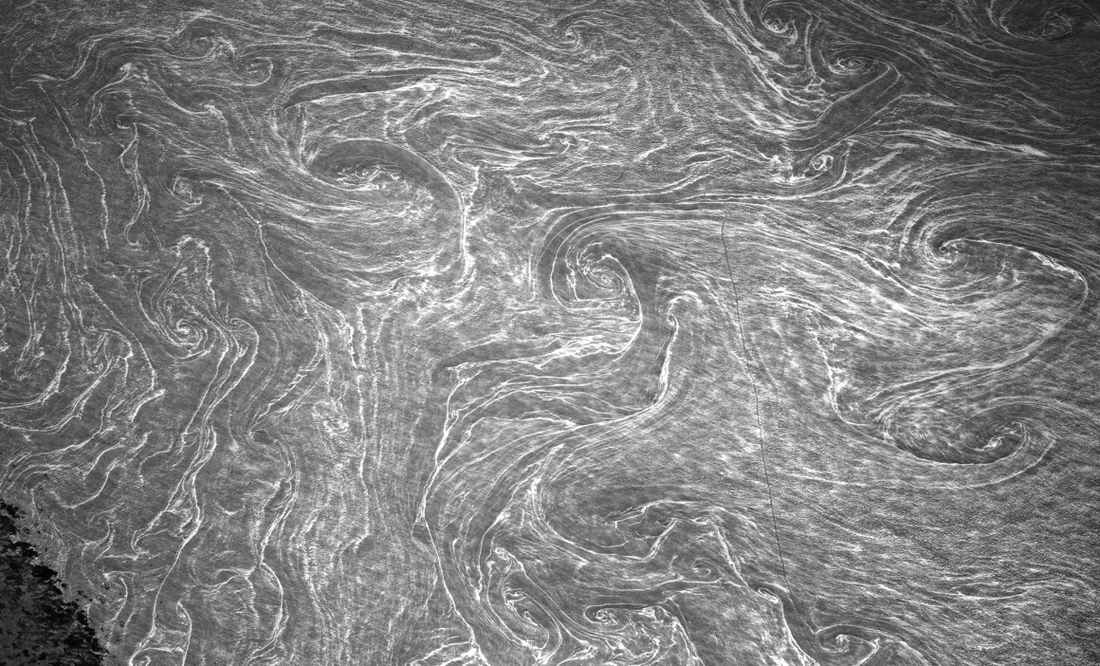
In an October 15 post, Pettit described an image of sunlight reflecting off the Mediterranean Sea in infrared mode (converted to black and white): "When sunlight shines on the ocean, small changes in water surface elevation, even a few centimeters, become apparent, allowing us to see ocean currents that are invisible to the naked eye."
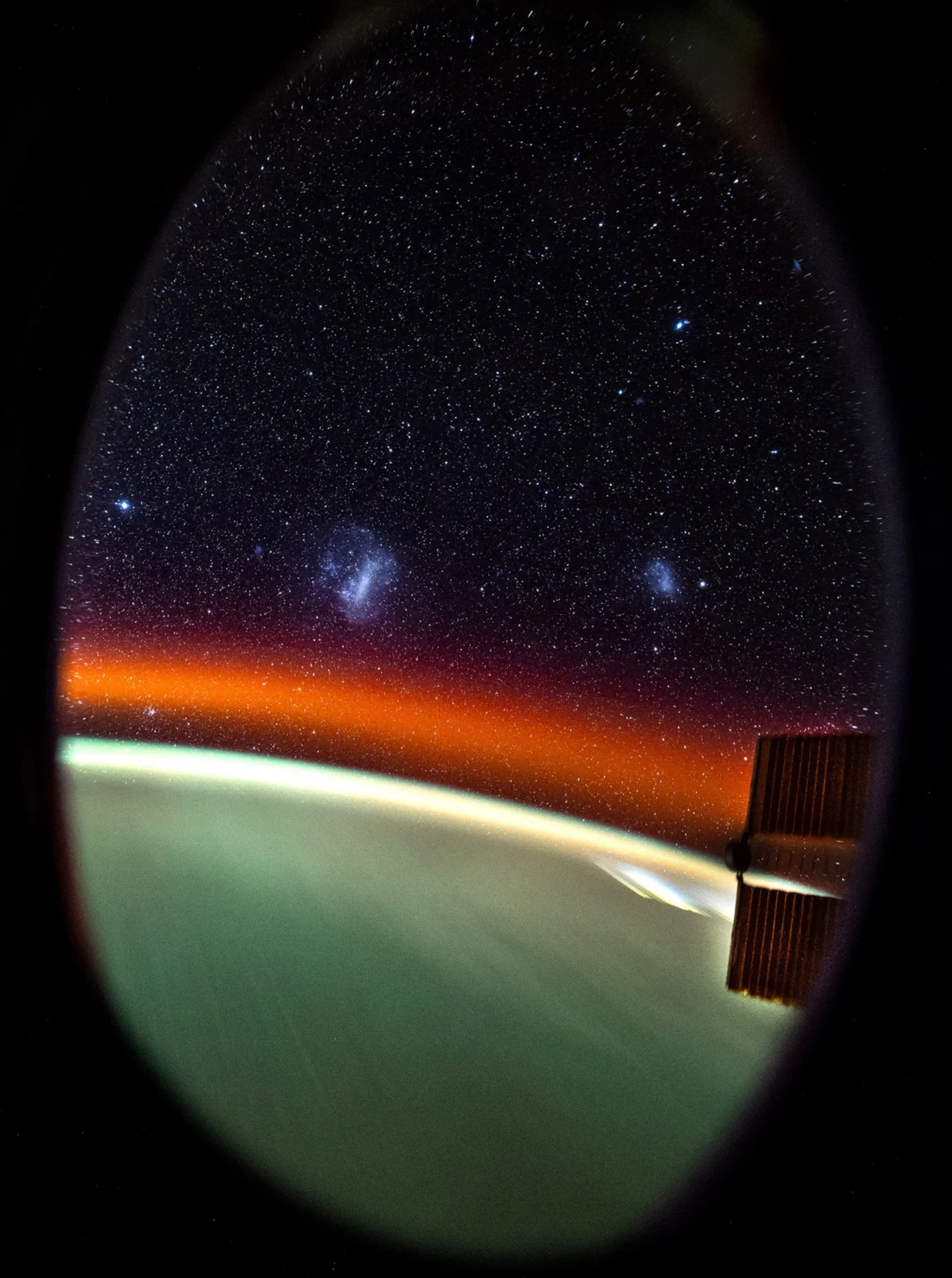
Pettit often takes photos from the cupola, a module on the ISS with seven large windows that allow the crew to observe the Earth in a panoramic way. This is also where he captured many famous photos during the past 7 months of work.
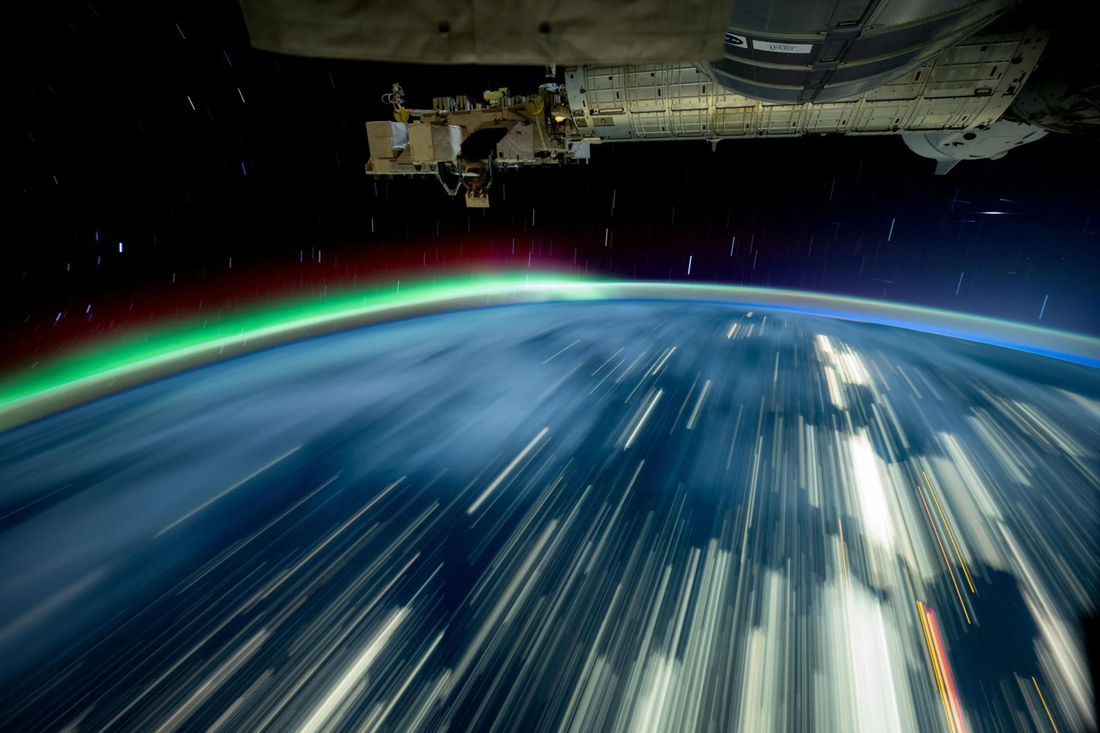
As the International Space Station flew 250 miles above Lake Michigan in October 2024, Don Pettit captured a stunning long-exposure photograph. The long streaks of light were the city lights on Earth and the red and blue auroras in the distance.
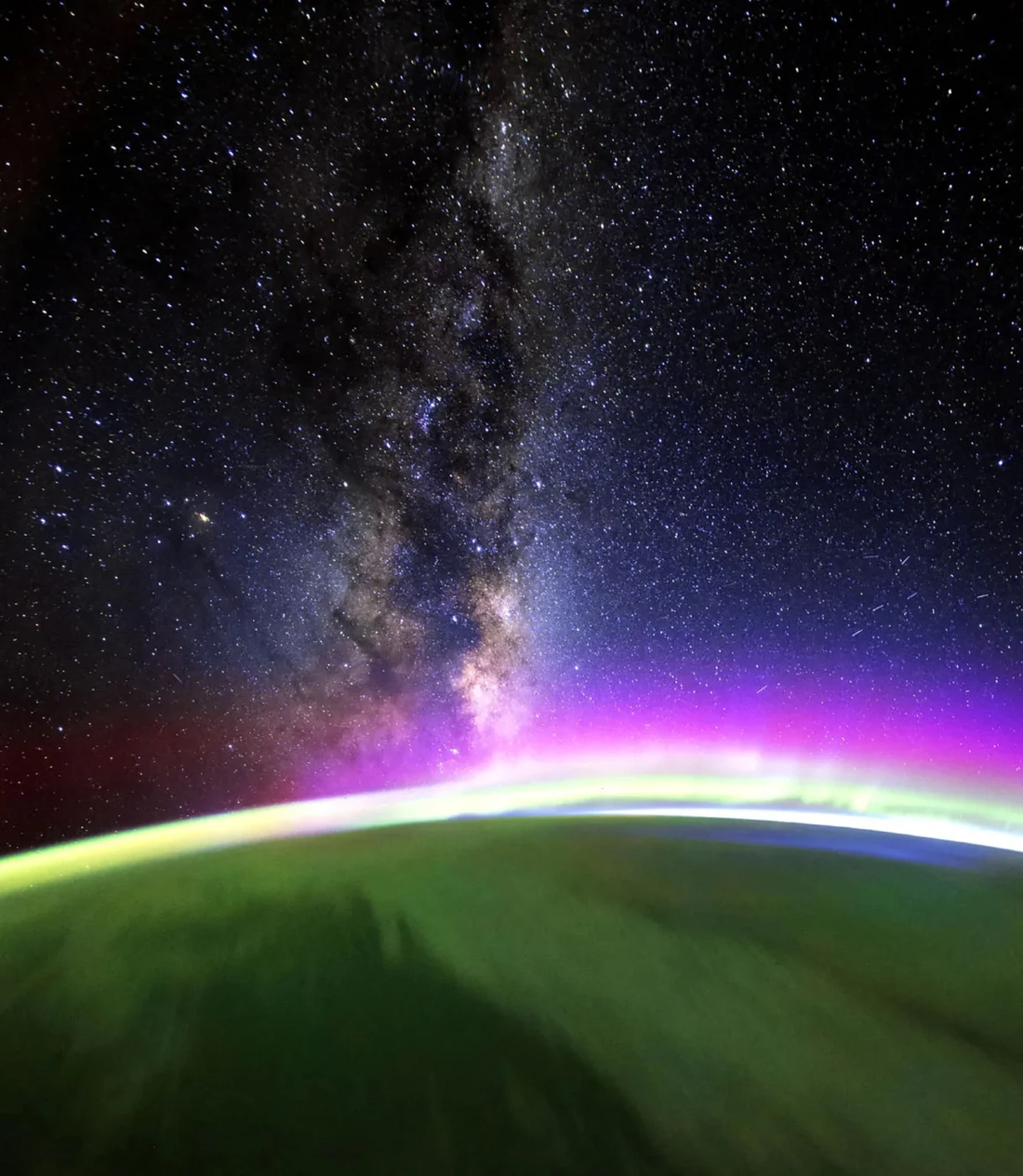
This ethereal image was captured by Pettit as the sun began to rise over the Pacific Ocean. It is a long exposure image that shows the Milky Way clearly visible above the aurora borealis and the aurora borealis, both of which shine near the Earth's horizon.
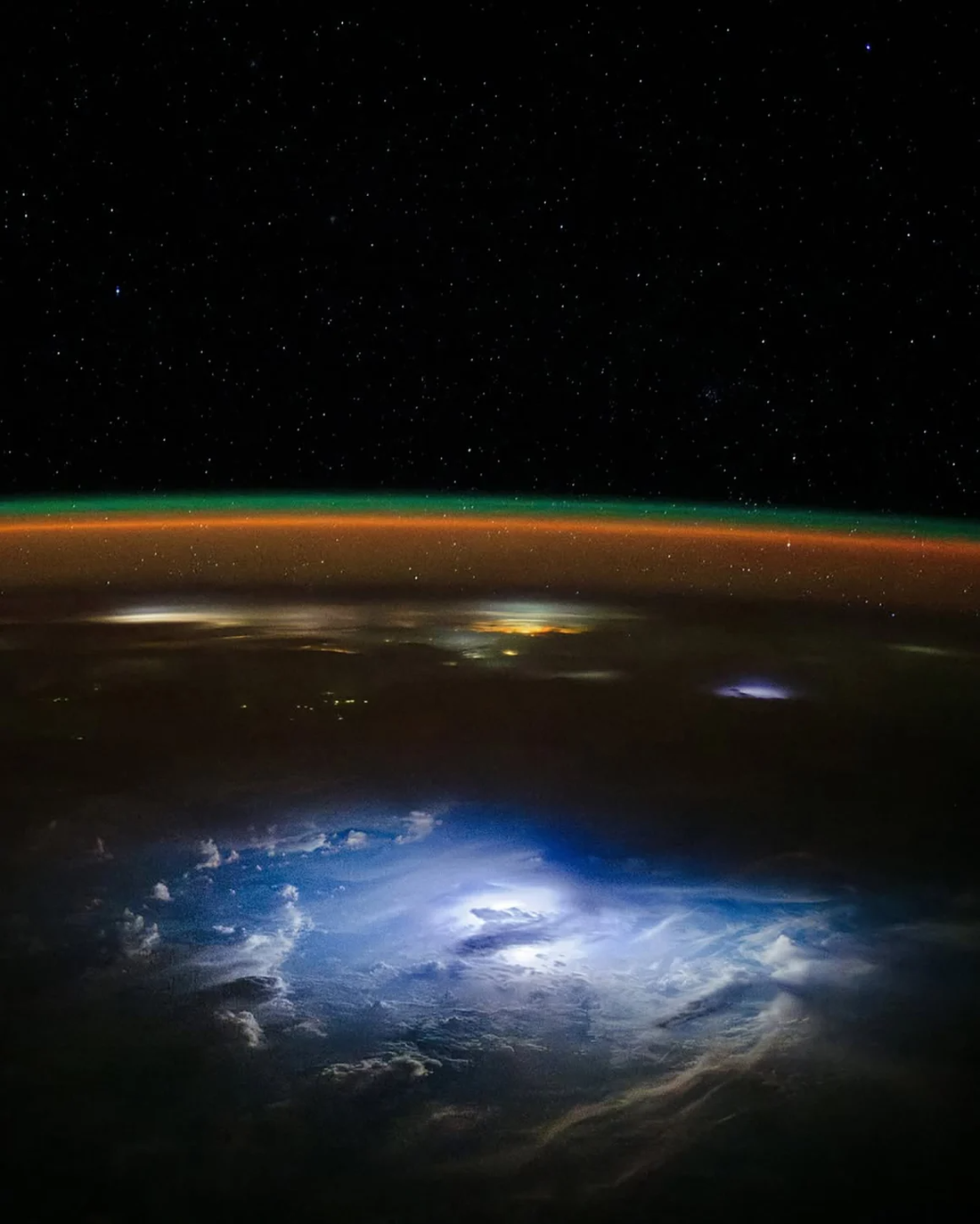
“The Earth is beautiful when we stand on the ground, but from space it has a special beauty too,” Pettit shared.
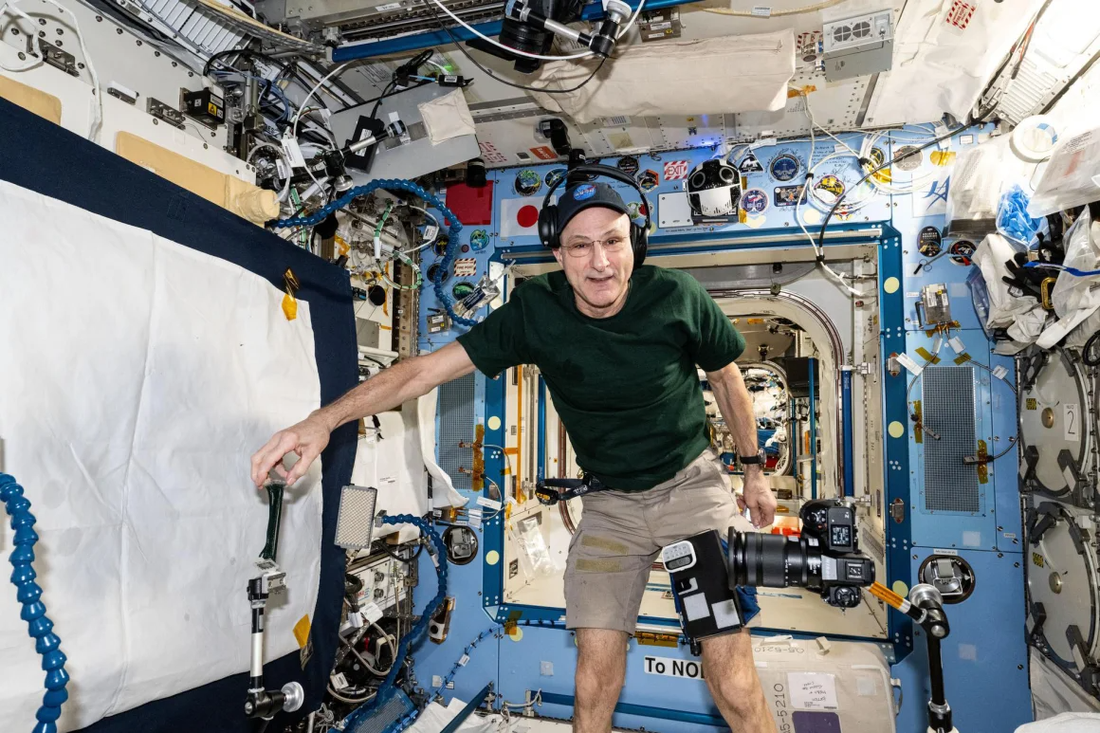
In this photo taken on March 15, avid astrophotographer Don Pettit sets up camera equipment to record research activities in the Kibo laboratory module of the International Space Station.
Source: https://tuoitre.vn/ngam-trai-dat-dep-ky-ao-duoi-ong-kinh-phi-hanh-gia-20250420215249669.htm


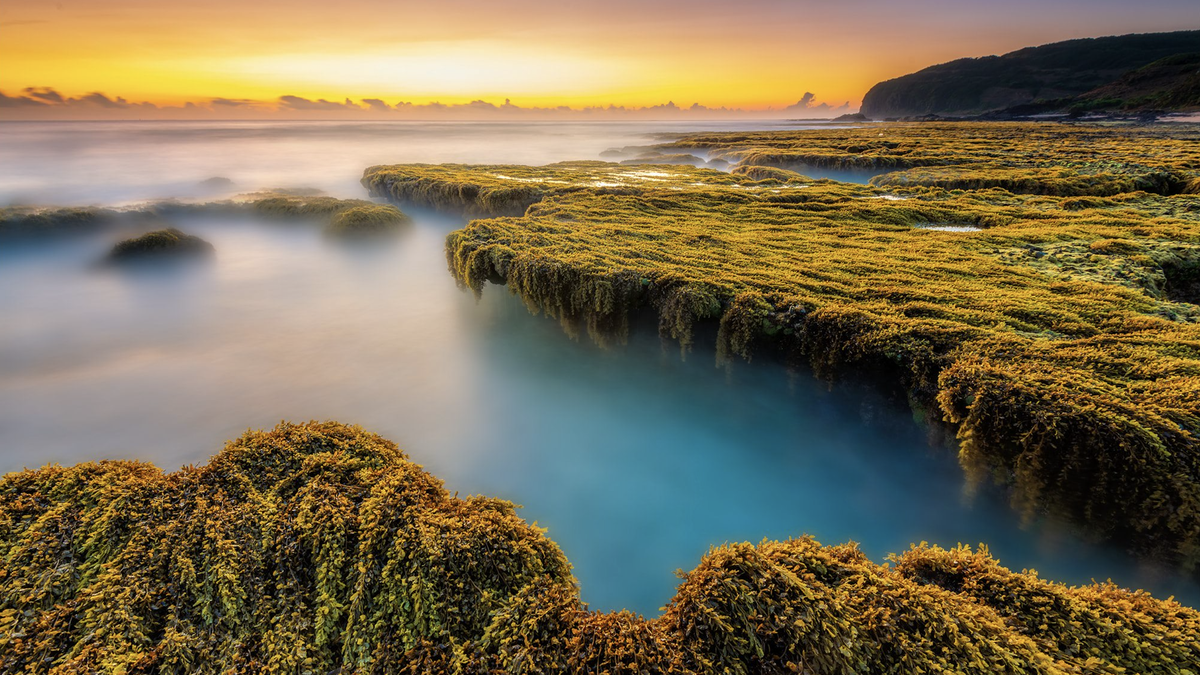






![[Video] Institute of Social Science Information celebrates 50th anniversary](https://vphoto.vietnam.vn/thumb/402x226/vietnam/resource/IMAGE/2025/5/8/541d6946f8a14ed3824d7a3edafc652c)














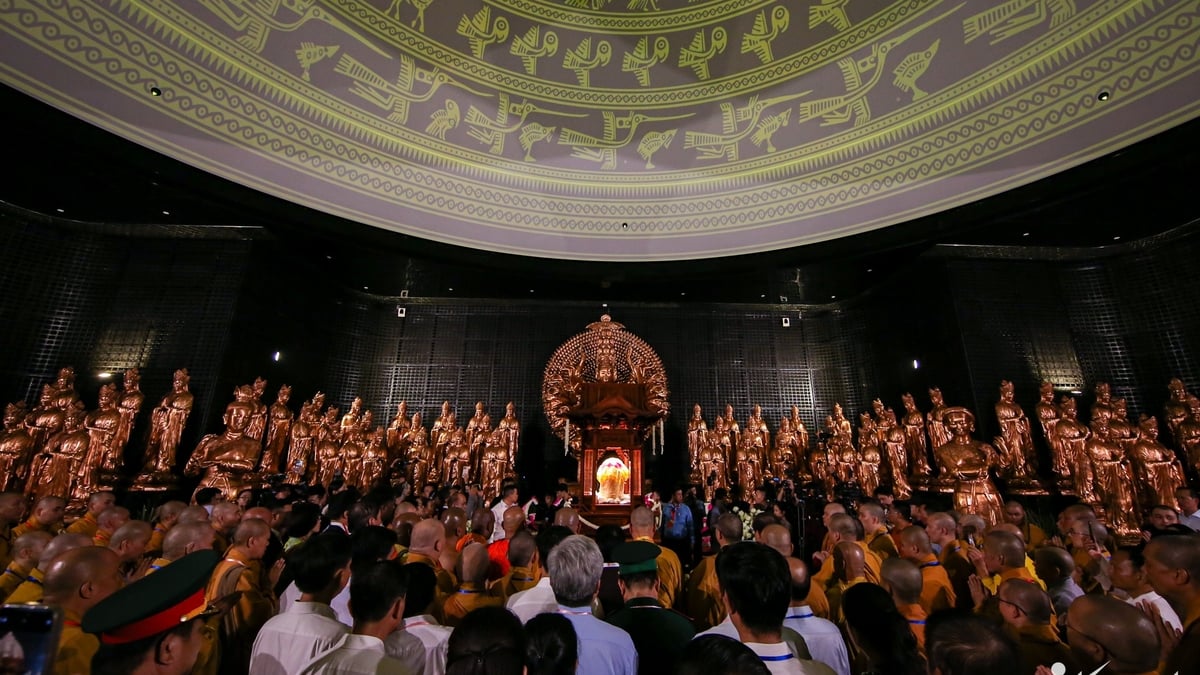

![[Photo] General Secretary To Lam begins official visit to Russia and attends the 80th Anniversary of Victory over Fascism](https://vphoto.vietnam.vn/thumb/1200x675/vietnam/resource/IMAGE/2025/5/8/5d2566d7f67d4a1e9b88bc677831ec9d)





































































Comment (0)